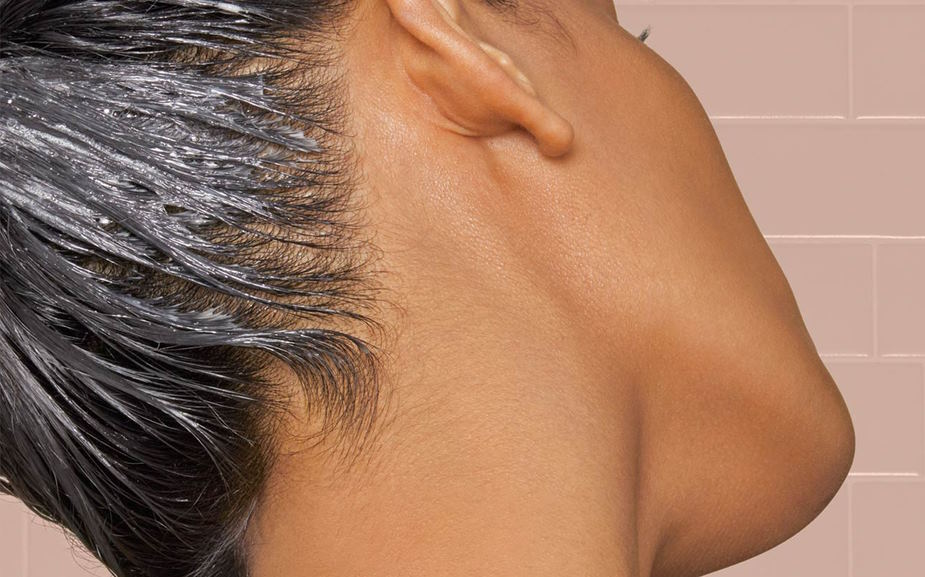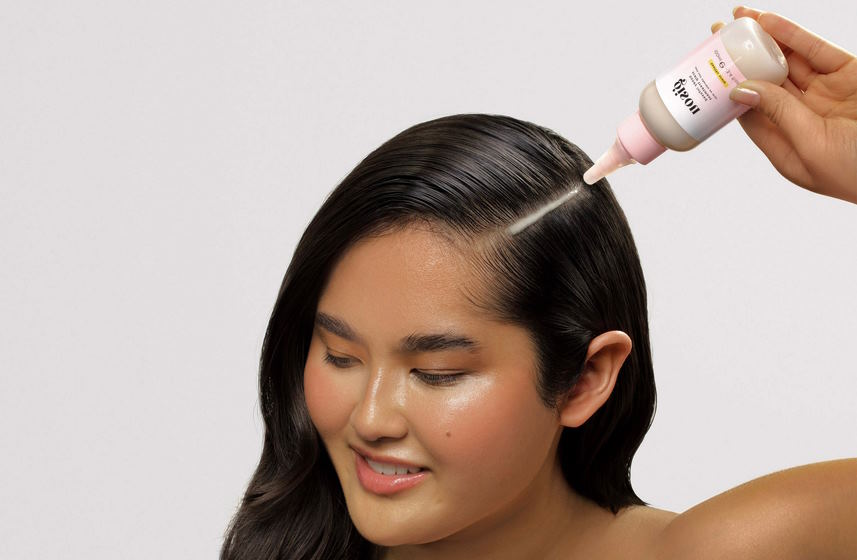Our hair is often seen as our crowning glory, but what many people overlook is the importance of a healthy scalp as the foundation for healthy hair. A healthy scalp not only supports the growth and strength of our hair, but it also helps prevent common hair problems such as dandruff and hair loss. Neglecting scalp care can lead to scalp issues that can affect the overall health and appearance of our hair.
Why scalp care is important?
The scalp is the skin on the top of our head that supports our hair follicles and plays a critical role in hair health. It is important to understand the functions of the scalp to appreciate why scalp care is essential.
One of the main functions of the scalp is to provide a blood supply to the hair follicles. Blood carries essential nutrients and oxygen to the hair follicles, which helps to nourish and strengthen the hair. A healthy scalp promotes healthy blood circulation, ensuring that the hair follicles receive the nutrients they need to grow.
Additionally, the scalp acts as a barrier to external factors such as pollution, UV rays, and styling products. Neglecting scalp care can lead to a buildup of dirt, oil, and product residue, which can clog the hair follicles and lead to scalp issues such as dandruff, itching, and hair loss.
A healthy scalp leads to healthy hair. When the scalp is healthy, it creates the optimal environment for hair growth. The hair is less prone to breakage, and the hair shafts are smoother and shinier. A healthy scalp also reduces the risk of hair loss and promotes thicker, fuller hair.
Tips for maintaining a healthy scalp and hair
Maintaining a healthy scalp is vital for promoting healthy hair growth and preventing hair issues. Here are some tips to help keep your scalp and hair in good condition:
- Regular shampooing and conditioning: Shampooing and conditioning your hair regularly can help keep your scalp and hair clean and free of dirt, oil, and product buildup. It’s essential to choose hair products that are suitable for your hair type and scalp condition.
- Massaging the scalp: Massaging your scalp can help promote blood circulation, which can encourage hair growth and stimulate the hair follicles. You can use your fingertips to gently massage your scalp for a few minutes each day.
- Eating a healthy diet: A healthy diet rich in vitamins and minerals can help support hair growth and scalp health. Eat a diet that includes plenty of fruits, vegetables, lean protein, and healthy fats.
- Limiting heat styling and chemical treatments: Heat styling and chemical treatments can damage the hair and scalp, leading to dryness, breakage, and hair loss. It’s essential to limit the use of these treatments and use protective products such as heat protectants and deep conditioners to minimize damage.
Natural remedies for scalp care
Using natural remedies for scalp care is a great way to nourish and protect your hair and scalp without exposing them to harsh chemicals. Here are some popular natural ingredients that can be used for scalp care:
- Tea tree oil: Tea tree oil has antifungal and antibacterial properties that can help to soothe an itchy and flaky scalp. It can also help to unclog hair follicles, promoting healthy hair growth. Mix a few drops of tea tree oil with a carrier oil such as coconut oil and massage it onto your scalp.
- Coconut oil: Coconut oil is a great natural moisturizer that can help to nourish and protect your hair and scalp. It can also help to reduce scalp inflammation and promote hair growth. Warm up some coconut oil and massage it onto your scalp and hair, leave it for a few hours before washing it off with a gentle shampoo.
- Aloe vera: Aloe vera has soothing and cooling properties that can help to calm an irritated scalp. It can also help to reduce dandruff and promote hair growth. Apply fresh aloe vera gel onto your scalp and leave it on for 30 minutes before rinsing it off with lukewarm water.
Using these natural remedies can help to improve the health of your scalp and hair. It’s important to note that natural remedies may not work for everyone, and it’s essential to patch test first to avoid any allergic reactions. If you have any persistent scalp issues, it’s important to seek professional help from a dermatologist or trichologist.


